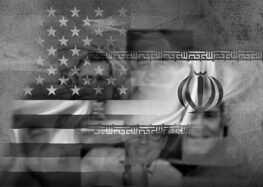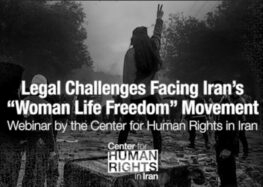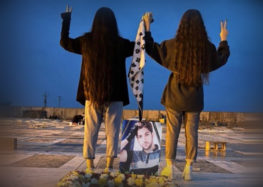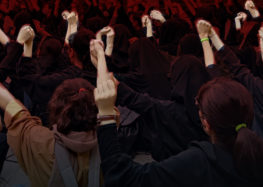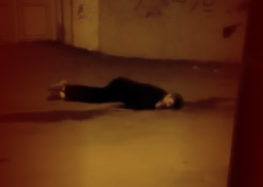Hostage Benjamin Briere’s “Price” Raised as Judge Imposes Eight-Year Prison Term
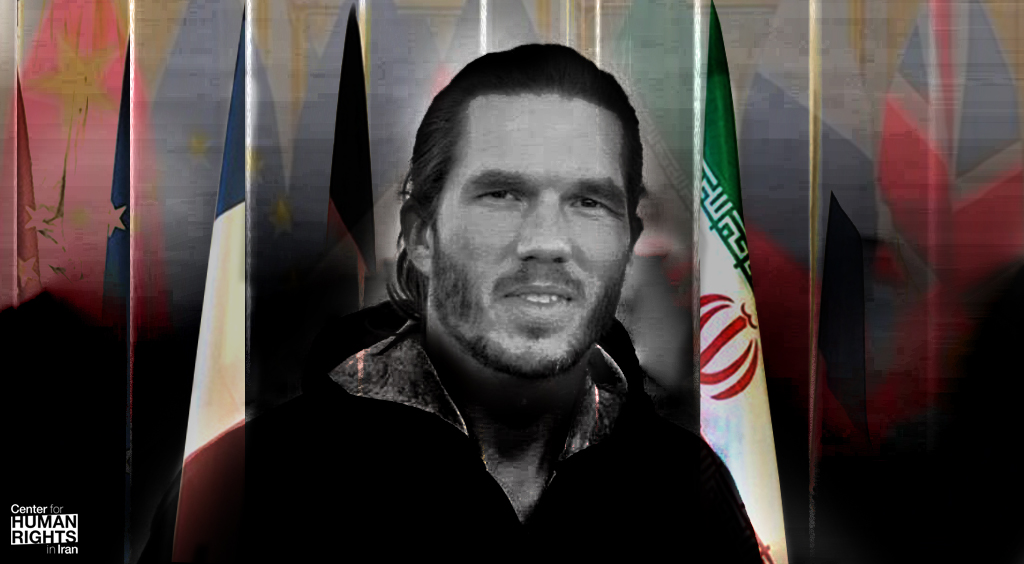 Iran “Toying” with Foreign and Dual Nationals Amid Nuclear Talks to Extract Concessions
Iran “Toying” with Foreign and Dual Nationals Amid Nuclear Talks to Extract Concessions
Lawyer: Briere’s Arbitrarily Increased Sentence is “Unlawful”
January 25, 2022 – The manner in which an Iranian judge sentenced French national Benjamin Briere to eight years imprisonment is “against the law,” a member of Briere’s legal team told the Center for Human Rights in Iran (CHRI).
“The way this case was handled makes it clear that Briere is a hostage in Iran whose fate is tied to how much Iran can extract from France in the nuclear talks,” said CHRI Executive Director Hadi Ghaemi.
“Initially, Briere was braced for a three-year sentence, which the original charge carries,” added Ghaemi. “But apparently, his price went up during the nuclear talks.”
Two “unlawful developments” in the handling of Briere’s case resulted in the eight-year sentence, which his legal team will be appealing within the next 20 days, a member of Briere’s legal team, Saeid Dehghan, told CHRI.
“First, at the eleventh hour, the case was transferred from Branch 3 to Branch 4 of the Revolutionary Court in [the city of] Mashhad,” Dehghan said in a statement. “Most likely this was because the judge at Branch 3 had become sympathetic to our arguments [in defense of Briere].”
“Second, the charge against our client was originally based on Article 503 of Iran’s Islamic Penal Code, which carries a maximum penalty of three years in prison for espionage, in connection with his drone photography,” Dehghan said.
“But when the trial ended, we saw that the charge had been changed to ‘collaboration with an enemy state,’ in this case France, in accordance with Article 508 of the Islamic Penal Code, which carries a maximum punishment of 10 years in prison,” added Dehghan.
Brier was never charged under Article 508 of the Islamic Penal Code, meaning the presiding judge completely ignored the indictment and charges within, and without legal process charged Briere under Article 508 and issued his sentence.
“The judge’s ruling disregards Iran’s laws and procedures,” Ghaemi said. “It disregards the existing indictment and is completely outside the bounds of the law.”
Dehghan is also a member of the legal team that represents Iranian-born French citizen Fariba Adelkhah, who was sentenced to five years imprisonment in Iran in May 2020 and who was reimprisoned on January 12, 2022, after being out of prison on house arrest since October 2020.
“It’s no coincidence that the Iranian government is toying with the lives of these French nationals and other dual nationals at the same time that it’s trying to extract concessions from France and other nations amid talks over Iran’s nuclear program,” said Ghaemi.
“Iran should release all hostages, and the nations that are negotiating with Iran should demand freedom for the detainees and an end to Iran’s hostage-taking to build confidence in any international agreement with Iran,” he added.
Ongoing Hunger Strikes for Freedom of Iran’s Hostages
At least 16 dual nationals including Adelkhah and one French national, Briere, are currently imprisoned or banned from leaving Iran after being slapped with manufactured charges, according to research by CHRI.
This number only includes public cases and is likely higher; Iranian authorities pressure families and foreign governments to be silent about the cases under false assurances of a swifter release.
To date, numerous individuals are on hunger strike around the world including imprisoned Iranian-born British citizen Anoosheh Ashoori in Tehran and former Lebanese hostage in Tehran Nizar Zakka, who’s in Vienna, to demand freedom for the hostages in Iran.
Ashoori, 67, and the others began their hunger strikes after former U.S. hostage in Tehran Barry Rosen traveled to Vienna, where talks with Iran are ongoing, to go on hunger strike and demand freedom for all hostages in Iran.
“This ruling against Briere demonstrates the complete absence of the rule of law in the Islamic Republic, where security and judicial officials can arbitrarily impose their will at any point in the judicial processes and dictate judicial outcomes,” said Ghaemi.

